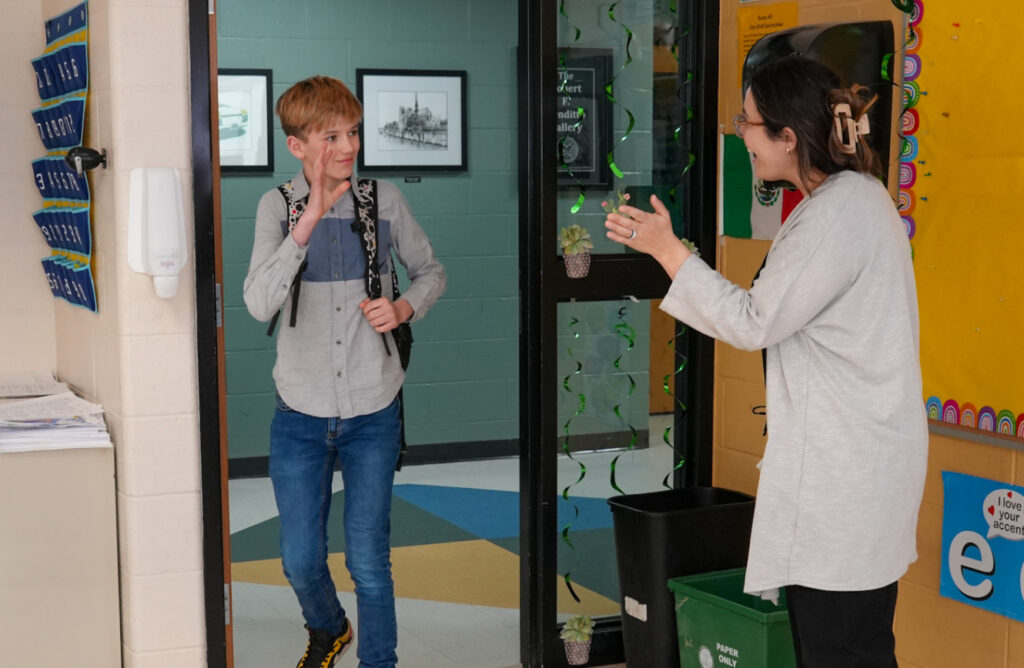A core part of your district-wide school safety and behavioral health plan. Safety-Care equips educators, support staff, and transportation teams with practical, prevention-focused skills to manage behavioral crises safely and respectfully. Safety-Care aligns with existing district funding models and integrates naturally into MTSS and PBIS frameworks.
This approach supports district-wide consistency across schools, so staff respond the same way to behavioral escalation regardless of classroom, building, or role.













 By using our site, you consent to our use of cookies to enhance functionality and analyze site performance.
By using our site, you consent to our use of cookies to enhance functionality and analyze site performance.